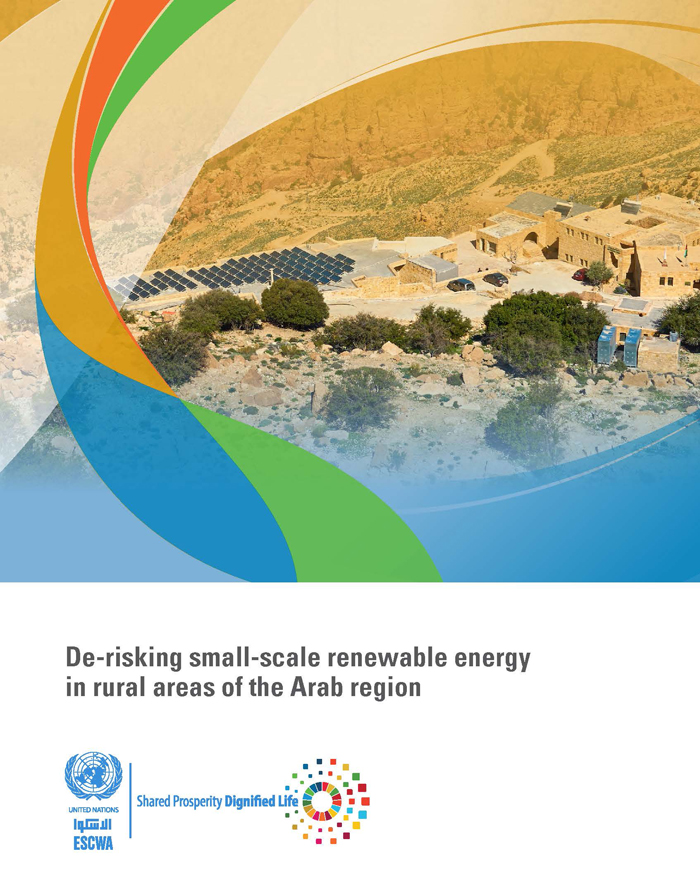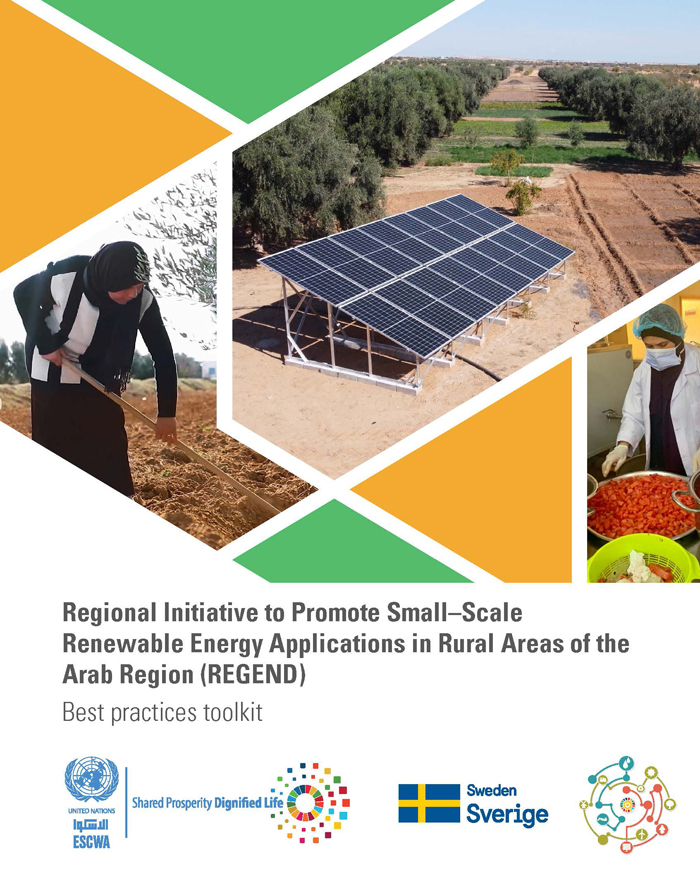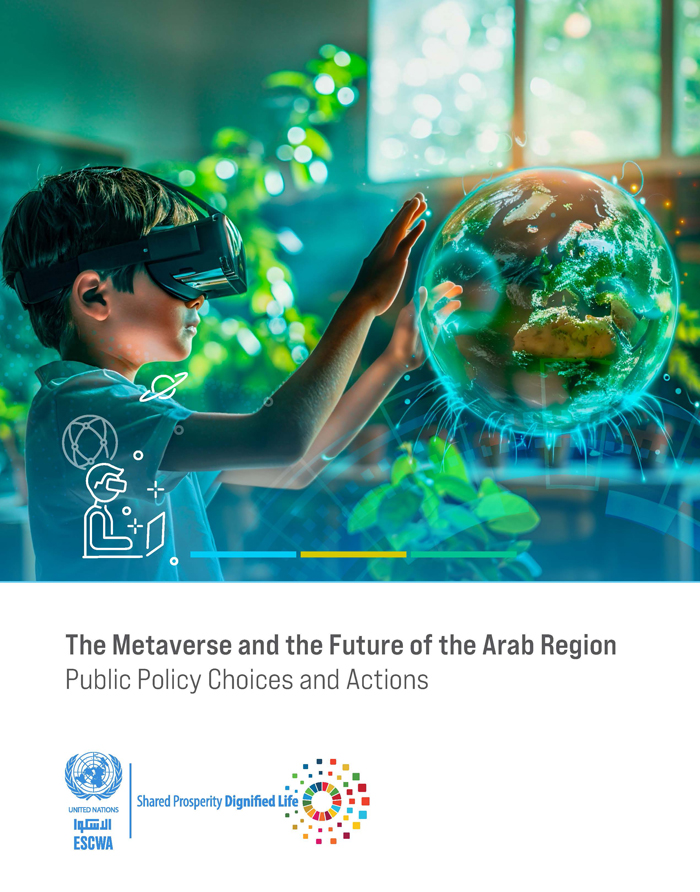
ESCWA Publication: E/ESCWA/SDPD/2012/WG.3/Report
Country: Arab region
Publication Type: Meeting reports
Cluster: 2030 Agenda and SDG Coordination
Focus Area: Natural resource sustainability
Initiatives: Promoting food and water security
SDGs: Goal 2: Zero Hunger
Keywords: Arab countries, Conferences, Food security, Research and development, Road maps, Agriculture, Climate change, Conflict, Food security, Governance, Poverty mitigation, Water
Report on Food secure Arab world: a road map for policy and research, Beirut, 6-7 February 2012
January 2012
The International Food Policy Research Institute (IFPRI) and the Economic and Social Commission for Western Asia (ESCWA) organized a conference entitled “Food Secure Arab World: A Road Map for Policy and Research,” in collaboration with the American University of Beirut, the University of Cairo, the Economic Research Forum, the Hassan II Institute of Agronomy and Veterinary Medicine in Rabat, and the International Center for Agricultural Research in the Dry Areas. The conference took place on 6 and 7 February 2012, in Beirut. Government officials, representatives of universities, research institutes, international, regional and national organizations and civil society organizations met to discuss and set the policy and research agenda for a food secure Arab world. The conference featured presentations from high-level regional and international experts and policymakers on the following issues: economic transformation and poverty reduction; agriculture, water and climate change; health and nutrition; country-level food security; governance and conflict; trade and rural development; foreign direct investment; and data and knowledge sharing. A session was devoted to setting priorities for Arab food security and for the Consultative Group on International Agricultural Research Program on Policies, Institutions and Markets (CRP2). The session aimed to guide CRP2 funding allocations and implementation to reflect regional priorities. The conference concluded with seven recommended action points, namely: manage the transition; foster job-creating growth; improve trade and market integration; support innovative solutions for agriculture and water constraints; leverage health, nutrition and education for food security; implement effective strategies and policies; and establish strategic partnerships.
Related content
Natural resource sustainability
,
The International Food Policy Research Institute (IFPRI) and the Economic and Social Commission for Western Asia (ESCWA) organized a conference entitled “Food Secure Arab World: A Road Map for Policy and Research,” in collaboration with the American University of Beirut, the University of Cairo, the Economic Research Forum, the Hassan II Institute of Agronomy and Veterinary Medicine in Rabat, and the International Center for Agricultural Research in the Dry Areas. The conference took place on 6 and 7 February 2012, in Beirut. Government officials, representatives of universities, research institutes, international, regional and national organizations and civil society organizations met to discuss and set the policy and research agenda for a food secure Arab world. The conference featured presentations from high-level regional and international experts and policymakers on the following issues: economic transformation and poverty reduction; agriculture, water and climate change; health and nutrition; country-level food security; governance and conflict; trade and rural development; foreign direct investment; and data and knowledge sharing. A session was devoted to setting priorities for Arab food security and for the Consultative Group on International Agricultural Research Program on Policies, Institutions and Markets (CRP2). The session aimed to guide CRP2 funding allocations and implementation to reflect regional priorities. The conference concluded with seven recommended action points, namely: manage the transition; foster job-creating growth; improve trade and market integration; support innovative solutions for agriculture and water constraints; leverage health, nutrition and education for food security; implement effective strategies and policies; and establish strategic partnerships.



